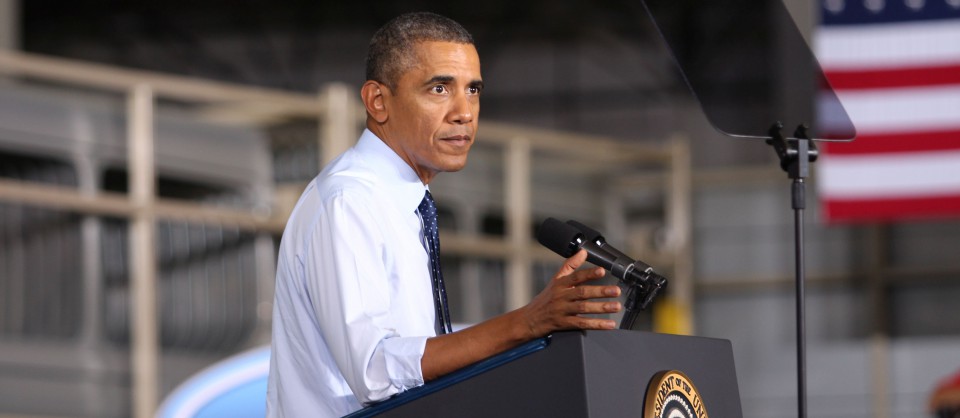You can’t win ’em all, but in elections you can do yourself a lot of good even by losing. That’s the point John Hickey of ProVote made in a speech Monday at West County Dems.
In the special state senate election on Tuesday after Labor Day, Ed Applebaum lost the race in St. Charles County to Tom Dempsey (44-56). Nobody, not even those who canvassed for Applebaum, was surprised at the loss. The Republican outspent our man 25-1. And Applebaum agreed to run a mere six weeks before the election.  Those factors alone would have given Dempsey a big edge, but he had still more in his favor. As a state representative and Republican Majority Floor Leader, Dempsey had, for all intents and purposes, the advantages of an incumbent in name recognition. He made the most of that, using much of his money to dot the St. Charles landscape with billboards.
Those factors alone would have given Dempsey a big edge, but he had still more in his favor. As a state representative and Republican Majority Floor Leader, Dempsey had, for all intents and purposes, the advantages of an incumbent in name recognition. He made the most of that, using much of his money to dot the St. Charles landscape with billboards.
A twelve point difference seems like a drubbing, until you realize that Dempsey outspent Applebaum, as I said, by 25-1. That’s money that the Republicans were forced to spend and that they’d rather have saved for races next year. So, if nothing else, Applebaum punctured their campaign coffers so that a lot of cash oozed out.
Meanwhile, instead of spending money on TV ads and billboards, the Dems–with a lot of help from ProVote–concentrated on a ground game. That strategy has many advantages, not the least of which is that it’s cheap. But just as important is that nothing, nothing is as effective as talking to voters one on one, knocking on doors and calling them.
How else are we going to counteract the deception of Dempsey’s campaign literature–literature that makes him sound so magnanimous about health care and education that you’d swear he was a Democrat. One activist who canvassed for Applebaum told about explaining Dempsey’s actual record on health care to a voter and having the voter say, “Oh my. I didn’t know that. I guess I’ll be voting for Applebaum. … Maybe I ought to go out in the front yard and take down the Dempsey yard sign, huh?” Good idea.
And you know what? That conversation is more than just an amusing anecdote. The information about that voter is now part of the ProVote data base. Canvassing, even in a losing election, gives us a chance to i.d. voters.
Hickey also stressed that losing isn’t the end for a candidate. It often lays the groundwork for success. ProVote’s research shows that the Democrats they’ve worked for more typically win the second time out than the first, and some even persevere and win the third time around. Jim Trout, who lost his first bid for the House in District 91 by about two hundred votes last year, plans to try again.
And finally, on the list of benefits that can come even from a loss, is that the loser may help other Democrats up the ticket. If a candidate hustles and brings in a couple hundred extra votes, that still might not be enough to put him over the top. But it might well contribute to a win in the governor’s race, for example.
In 2,000, the governor’s race was decided by 20,000 votes. With 163 districts, that’s a difference of about 125 votes per district. So any candidate who rustles up an extra two hundred votes has done more than his share to help the up-ticket candidates. That kind of effort next year could make the difference between four more years of Blunt or four years of being able to at least put the brakes on some of the more egregious foolishness to come out of the Missouri legislature.
Nobody’s saying losing is just as good as winning, but even candidates who know their chances are slim do the party good by running. They deserve lots of credit for putting themselves out there.

I would actually argue that there is some temporary residual effectiveness in TV and radio ads, but not when the opponent fails to even saywhat party they are from.
You’re absolutely right, though. By focusing on organizing a ground game, the next Democratic candidate stands a better chance in ’08.